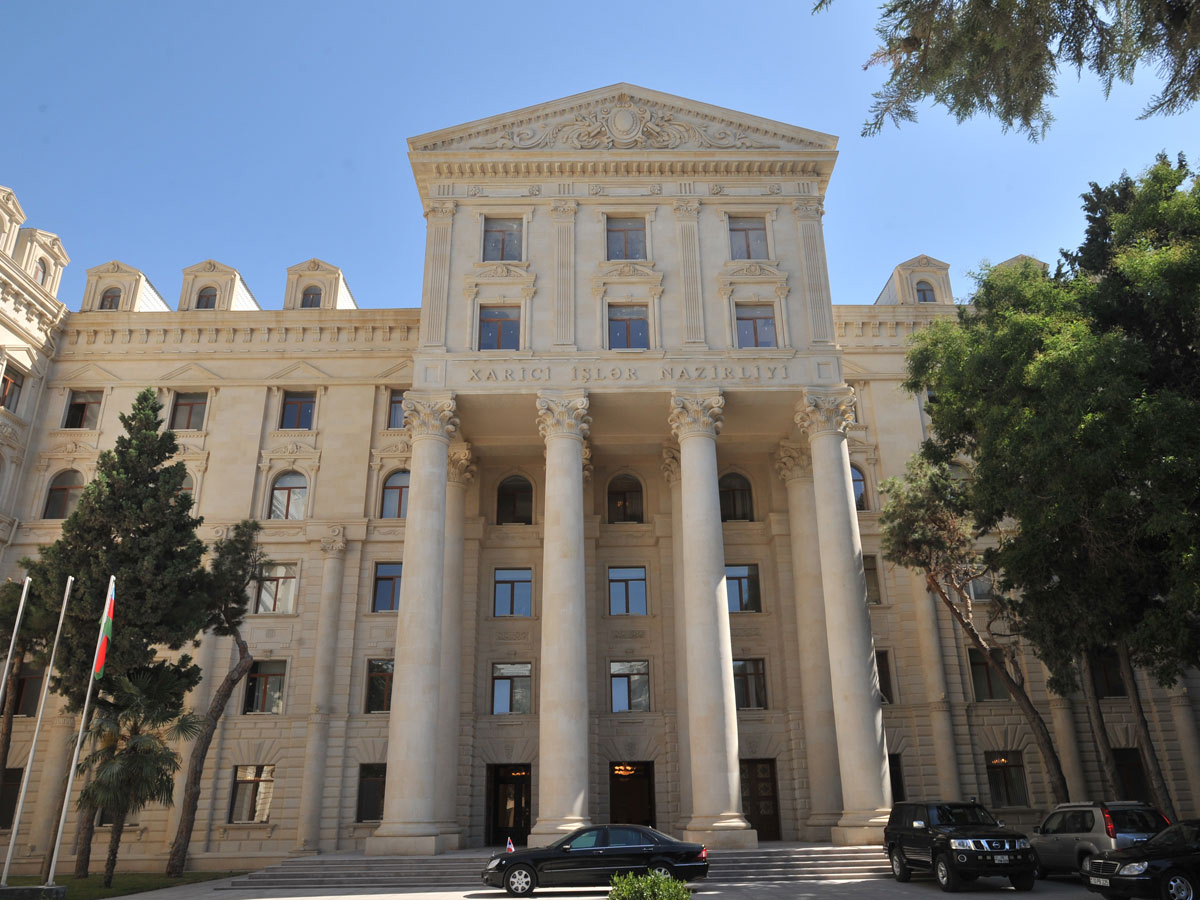Baku, Azerbaijan, March 27
Trend:
Armenian Foreign Minister Edward Nalbandian has a special phobia related to substantive talks over the Armenia-Azerbaijan Nagorno-Karabakh conflict, Spokesman of Azerbaijan’s Foreign Ministry Hikmat Hajiyev told Trend March 27.
He was commenting on Nalbandian’s speech at a press conference March 27.
"Apparently, Nalbandian is seriously worried about holding substantive negotiations on a specific basis," Hajiyev said.
“That is because Armenia deliberately pursues policy of negotiating for the sake of negotiations and their imitation,” he noted. “Armenia pursues a filthy goal of preserving the occupation of Azerbaijani territories and protracting the negotiations. Instead of putting an end to aggression, which is the fundamental basis of the conflict, and withdrawing troops from the occupied Azerbaijani territories, the military and political leadership of Armenia deliberately tries to direct attention to technical and secondary issues.”
“Creation of Armenia as a state on the lands of Azerbaijan is a historical fact,” Hajiyev said. “We would advise the military and political leadership of Armenia to look at the population census held by the Russian Empire in Yerevan alone at the beginning of the 19th century. Still living with myths and sick fantasies about the “greater Armenia”, the Armenian leadership, suffering from an inferiority complex and using various legends, deceives the Armenian people, puts forward territorial claims to neighboring states and pursues an occupation policy.”
“In order to ensure sustainable peace and security in the region, the Armenian leadership must recognize the responsibility for the acts committed against the Azerbaijani state and the Azerbaijani people, observe the commitments undertaken under the UN Charter, norms and principles of international law, and immediately, completely and unconditionally withdraw the occupational troops from the occupied territories as required by the UN Security Council resolutions,” Hajiyev added.
The conflict between the two South Caucasus countries began in 1988 when Armenia made territorial claims against Azerbaijan. As a result of the ensuing war, in 1992 Armenian armed forces occupied 20 percent of Azerbaijan, including the Nagorno-Karabakh region and seven surrounding districts.
The 1994 ceasefire agreement was followed by peace negotiations. Armenia has not yet implemented four UN Security Council resolutions on withdrawal of its armed forces from the Nagorno-Karabakh and the surrounding districts.






